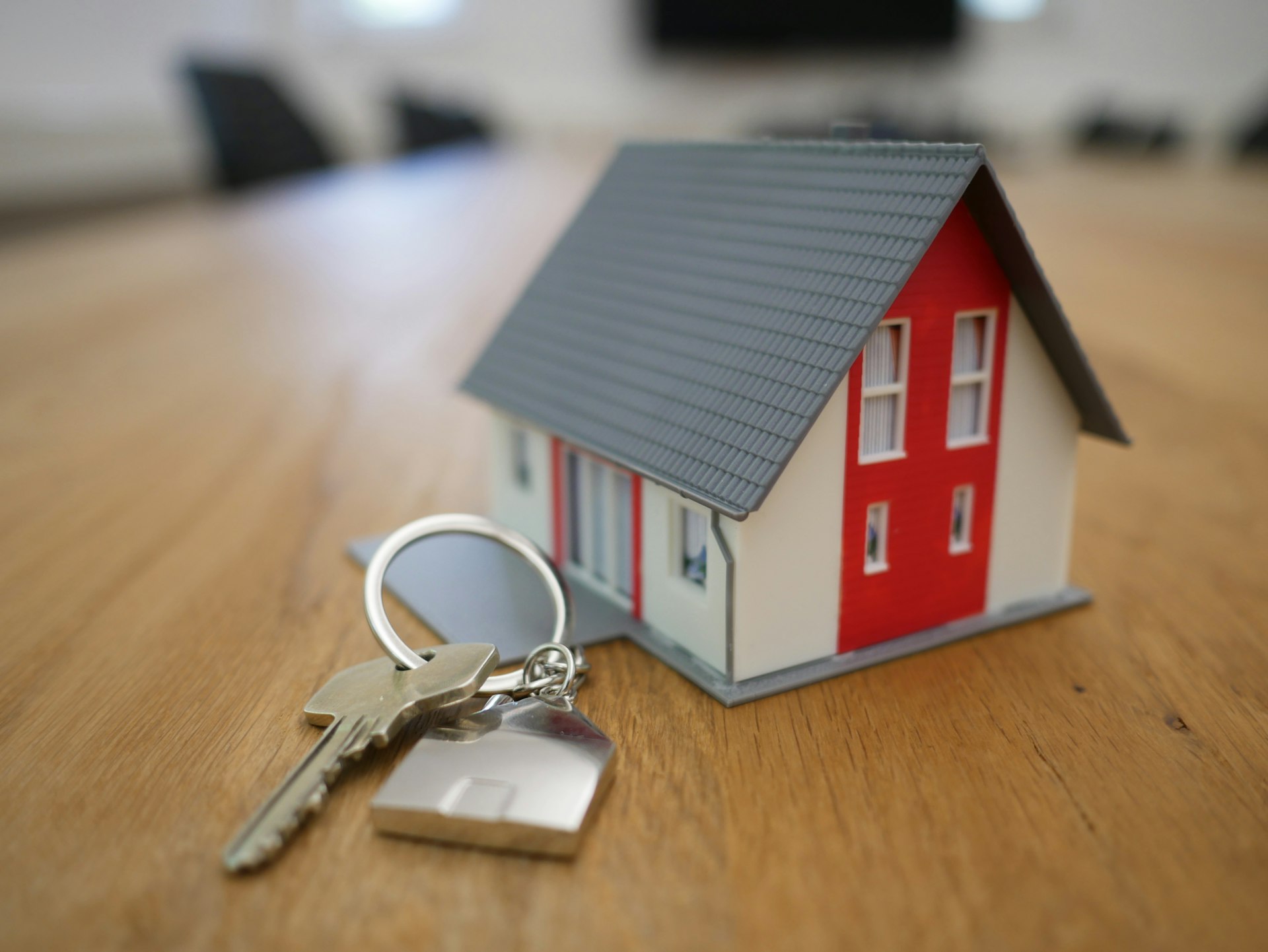How Home Automation Boosts Property Sales and Value: A Comprehensive Guide

Photo by Hai Uddin on Unsplash
Introduction: The Rising Influence of Home Automation in Real Estate
Modern buyers seek homes that offer not only comfort but also advanced features that make daily living more efficient and secure. Home automation technologies-ranging from smart thermostats and lighting to security systems and voice-controlled assistants-are rapidly becoming must-have features in the real estate market. Their integration can directly impact how quickly a property sells, the price it commands, and its appeal to a broader demographic of tech-savvy and efficiency-minded buyers. [1]
Key Benefits of Home Automation in Property Sales
1. Enhanced Marketability and Faster Sales
Properties equipped with smart home technology consistently attract more attention from prospective buyers and tenants. According to studies, homes with automation features sell up to 15% faster than those without, a clear indicator of their desirability. [1] National Association of Realtors research found that 33% of agents reported faster sales for properties with smart features. [2] For sellers, this means reduced time on the market and potentially less need for price reductions.
Example: In highly competitive markets, such as Austin, smart homes were found to have a 40% greater chance of selling quickly at a higher price. [5]
Implementation Guidance: To leverage this benefit, consult with a real estate agent experienced in marketing smart homes. Highlight automation features in listings and provide demonstrations during showings to showcase convenience and security.
2. Increased Property Value and ROI
Smart automation features can result in a direct increase in property value. Multiple studies cite an average value boost between 3% and 5% , depending on the technologies installed. [3] For instance, a $500,000 home could see an increase of $15,000-$25,000. [5] Specific enhancements, such as smart thermostats and advanced security systems, are linked to the highest returns.
Consumer surveys also indicate that 54% of buyers are willing to pay more for a home with smart technology. [4]
Step-by-Step:
- Assess which smart upgrades (thermostats, lighting, security) are most valued in your market.
- Invest in reputable, upgradeable systems that are compatible with popular platforms.
- Document the features and provide buyers with information on usage and maintenance during the sales process.
3. Energy Efficiency and Cost Savings
Smart thermostats, automated lighting, and energy monitoring systems can reduce energy usage significantly. For example, smart thermostats may save up to 15% on heating and cooling costs . [4] Automated lighting can use 50% less energy compared to traditional systems. [1] These savings are attractive to environmentally conscious buyers seeking long-term reductions in utility bills.
Real-World Example: A property outfitted with smart energy systems can show utility bill comparisons to demonstrate cost savings, making the investment tangible for buyers.
Actionable Steps: Consider starting with a smart thermostat and expanding to smart lighting and appliances. Keep records of utility savings to present to potential buyers.
4. Improved Security and Peace of Mind
Smart locks, surveillance cameras, and integrated alarm systems offer advanced security, a key selling point for families and high-value buyers. Research shows homes with these features can sell for up to 3% more . [1]
Practical Guidance: When selling, demonstrate security features during showings and provide buyers with guides on system management and expansion.
Potential Challenges: Privacy concerns may arise. Address these by ensuring all systems are reset and transferred securely at the time of sale, and provide buyers with manufacturer contact information for technical support.
5. Greater Convenience and Modern Appeal
Remote control of lighting, temperature, and security from smartphones or voice assistants offers daily convenience. This modern appeal is especially attractive to younger buyers and tech-centric demographics. National market data shows 69% of U.S. homes had at least one smart device by 2020, and this number continues to rise. [1]

Photo by Jakub Żerdzicki on Unsplash
Implementation Tips: Focus on user-friendly systems that can be customized and expanded over time. Provide clear instructions or training sessions for buyers unfamiliar with smart home technology.
Real-World Case Studies: Smart Home Success Stories
In multifamily rentals, smart home features have driven significant returns. For example, 86% of millennial renters are willing to pay more for smart apartments, with rent premiums averaging 20% higher . [5] For single-family homes, sellers have reported faster closing times and reduced negotiation over price when automation features are highlighted.
Property managers have found that including smart security and energy features reduces tenant turnover and increases satisfaction, further boosting long-term property value.
Steps to Accessing and Implementing Home Automation
To maximize the benefits of home automation in property sales, consider the following steps:
- Evaluate Market Trends: Research which smart features are most popular among buyers in your area. Real estate agents and industry reports can provide valuable insights.
- Select Reliable Technologies: Choose products from established brands with strong customer support and upgradability.
- Professional Installation: For complex systems, consult with certified home automation professionals. To find qualified installers, search for “certified smart home installer” or ask your real estate agent for recommendations.
- Documentation: Keep manuals, receipts, and warranty information to provide to future buyers. Offering a demonstration or user guide can set your property apart.
- Highlight Features in Marketing: Work with your realtor to ensure smart home features are front and center in all listings and promotions.
- Plan for Updates: Stay informed about new advancements and consider periodic upgrades to maintain competitive advantage in the market. [3]
If you’re unsure about where to begin, you can contact your local real estate association for up-to-date market data or consult with smart home technology providers for specific product recommendations.
Potential Challenges and Solutions
While the benefits are substantial, there are challenges to consider. Initial installation costs can vary, and compatibility between devices from different manufacturers may be an issue. To address this, select devices that follow common standards (such as Zigbee or Z-Wave) and prioritize products with strong customer support.
Data privacy is another concern. Ensure all devices are reset to factory settings before transferring ownership, and educate buyers on setting up their own secure accounts.
Future Outlook: Staying Ahead with Smart Home Investments
The smart home market is projected to experience exponential growth, from $127.67 billion in 2024 to a forecasted $1.4 trillion by 2034. [5] By 2027, more than two-thirds of U.S. homes are expected to feature smart devices, making automation not just an advantage but a necessity for maximizing property value.
For ongoing success, homeowners and real estate professionals should:
- Stay updated on emerging technologies and buyer preferences
- Regularly review and upgrade installed systems
- Leverage smart home features as a key differentiator in marketing and negotiations
How to Get Started: Practical Guidance Without Assumed Links
To begin your smart home journey:
- Research leading brands and read verified customer reviews on established retail or technology websites.
- Contact local real estate agents or property management firms for insights on which features are in high demand in your area.
- Search for certified installers or smart home consultants in your region using reputable business directories or by asking for referrals from trusted sources.
- For up-to-date market data, visit the official websites of the National Association of Realtors or Consumer Reports, or search for “2025 smart home market trends.”
References
- [1] iWired (2024). Does home automation increase home value?
- [2] The Audio Video Pros (2024). The ROI of Smart Home Automation: Increasing Property Value and Appeal.
- [3] True Home Protection (2024). Enhance Property Value with Home Automation Solutions.
- [4] Praos Solutions (2024). How Home Automation Can Increase Your Property Value.
- [5] Full Spectrum Technology Group (2024). Hidden ROI of Smart Homes: How Automation Increases Property Value.



